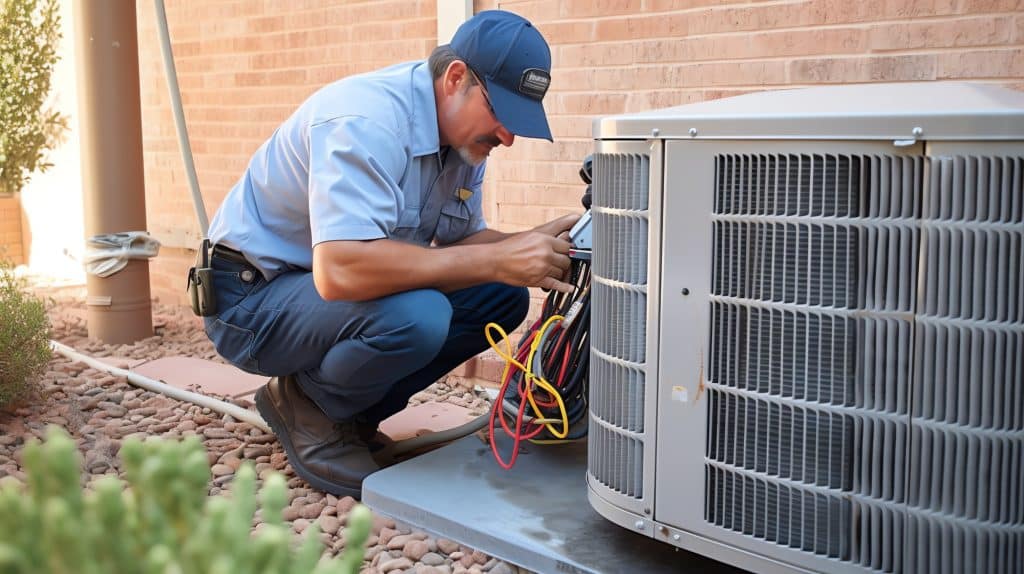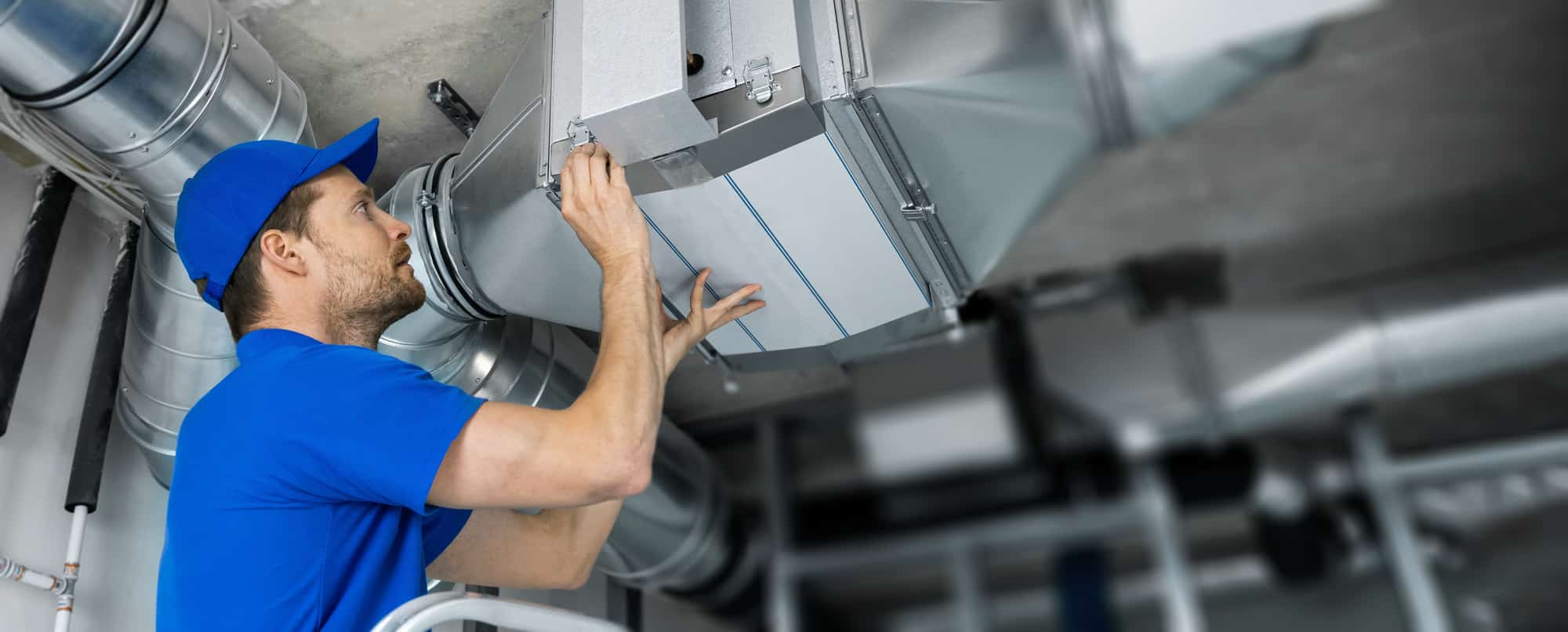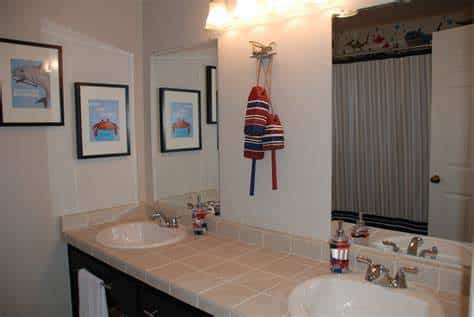HVAC Maintenance Basics: 10 Steps To Keep Your System Running Smoothly
Having a working HVAC system is essential for keeping your home comfortable. However, like any machine, an HVAC system requires regular maintenance to operate at peak efficiency. Partnering with professionals like Premier Comfort Heating and Air Conditioning can help ensure your system receives the care it needs.
Neglecting maintenance can lead to higher energy bills, reduced lifespan of HVAC components, and unexpected breakdowns. By following these ten basic maintenance steps, you can keep your HVAC system running smoothly for years to come.
1. Change Air Filters Regularly
One of the easiest maintenance tasks is to change your air filters regularly. HVAC air filters help remove dust, allergens, and other particles from the air. Over time, they can become clogged and need to be replaced. HVAC specialists recommend changing your air filters every one to three months.
If you live in a dusty area or have pets, you may need to change them more frequently. Replacing clogged filters allows your system to ‘breathe’ better and function properly.
For expert advice on filter types or HVAC maintenance, consider consulting specialists like Premier Comfort Heating and Air Conditioning. Their team can help you choose the right filters for your system and provide professional servicing to ensure optimal efficiency.
2. Clean The Condenser Coils
The condenser coils on your outdoor AC unit can attract dirt, leaves, grass clippings, and other debris. It’s important to clean the condenser coils regularly so air can flow freely. Use a hose to spray down the coils from top to bottom, forcing debris out. Be gentle, as you don’t want to bend the thin fins.
A condenser coil cleaning brush or commercial coil cleaner can help remove stubborn buildup. An HVAC specialist Tucson recommends cleaning coils at the beginning of spring and fall when outdoor debris is common.
3. Check Refrigerant Levels
Your HVAC technician should check refrigerant levels yearly. Refrigerant is the substance in your AC system that gets cooled and pumped throughout your home. Not having enough refrigerant can make your AC blow warm air and lead to compressor damage. Too much refrigerant can also cause problems.
A skilled HVAC technician can also assess your system’s overall efficiency and suggest improvements to reduce energy consumption.
Only certified HVAC technicians should handle AC refrigerant, as releasing it improperly is illegal. Proper refrigerant levels are key for an efficient system.
4. Inspect Central AC Drain Lines
Outdoor central AC units produce condensation that gets drained away from the system. Drain lines can get clogged with algae, moss, and debris over time. Check drain lines periodically to ensure condensation can exit properly. Clogged drains can cause water damage or backups.
Unclog with a vinegar/water solution. For stubborn clogs, contact an HVAC company to professionally clean the drain line. Proper drainage extends the life of your AC unit.
5. Clean And Disinfect Evaporator Coils

Dirty evaporator coils (located inside your home) can’t absorb heat properly, causing your AC system to run inefficiently. Turn off the power and access the evaporator coils near your furnace. Remove dust and debris with a soft brush attached to a vacuum cleaner.
Use an EPA-approved coil cleaner to sanitize the coils and prevent microbial growth. Be extremely careful not to damage the thin coil fins when cleaning. Having clean evaporator coils improves cooling and can lower AC energy costs.
6. Inspect And Replace Air Duct Seals
Leaky air ducts can reduce heating and cooling efficiency by allowing conditioned air to escape. Inspect ductwork for any detached or damaged ducts, joints, and connections. Look for obvious gaps, tears, or holes where air leaks may occur. Repair minor tears with metal tape.
For damaged ducts or major leaks, contact an HVAC professional for proper repairs. Well-sealed ducts ensure heated and cooled air circulates efficiently through your home.
7. Lubricate All Moving Parts
Oil in the compressor and blower motors keeps them running smoothly and quietly. Your HVAC technician will lubricate moving parts during annual tune-ups. However, it doesn’t hurt to familiarize yourself with what to lubricate. The motor and blower usually have oil ports where lubricating oil can be applied.
The condenser fan motor and base should also be oiled. Only use lubricating oils made specifically for HVAC systems. Proper lubrication prevents costly HVAC repair Seattle.
8. Check For Unusual Noises, Smells
Be alert to any unusual noises like squealing, grinding, or rattling coming from your indoor air handler or outdoor AC condenser. Strange odors or smells are also concerning. Don’t ignore subtle changes in how your system normally operates. Odd noises point to worn parts; odors may indicate refrigerant leaks or electrical issues.
Turn off the unit and call an HVAC technician to inspect and identify any problematic components. Early detection of issues can prevent further AC unit damage.
9. Replace the Thermostat Batteries
Don’t let dead thermostat batteries disrupt your comfort. If you have a standard battery-powered thermostat, change the batteries at least once a year (such as when you change the clocks for daylight savings). Low batteries can cause inaccurate temperature readings and problems controlling your HVAC system.
Use good quality alkaline batteries; lithium batteries have a longer lifespan. Make sure to turn off the system power before removing old batteries. Replace thermostat batteries annually for optimal performance.
10. Schedule Professional HVAC Tune-Ups
While DIY maintenance covers the basics, your HVAC system also needs professional attention. Schedule yearly spring and fall tune-ups with a licensed HVAC technician. They will conduct a thorough inspection and perform essential tasks you can’t do yourself.
This includes checking electrical connections, assessing refrigerant levels, testing individual components, and cleaning parts extensively. Technicians can spot small problems before they become big headaches. Annual tune-ups improve efficiency and can extend the life of your HVAC system.
By following these fundamental maintenance practices, you can keep your HVAC system running at peak condition. Performing regular maintenance checks and being vigilant to changes in performance are key.
Don’t hesitate to call in an HVAC professional for necessary repairs or difficult tasks. With proper maintenance and care, your HVAC system will continue providing reliable heating and cooling comfort for many years.
Conclusion
Regular maintenance is crucial for getting the most out of your home’s HVAC system. By following basic maintenance steps like changing air filters, cleaning coils, inspecting ductwork, and scheduling professional tune-ups, you can optimize performance and reduce costly repairs.
Be proactive and keep your HVAC system running efficiently all year long. Consistent maintenance translates into energy savings and long-lasting comfort.







